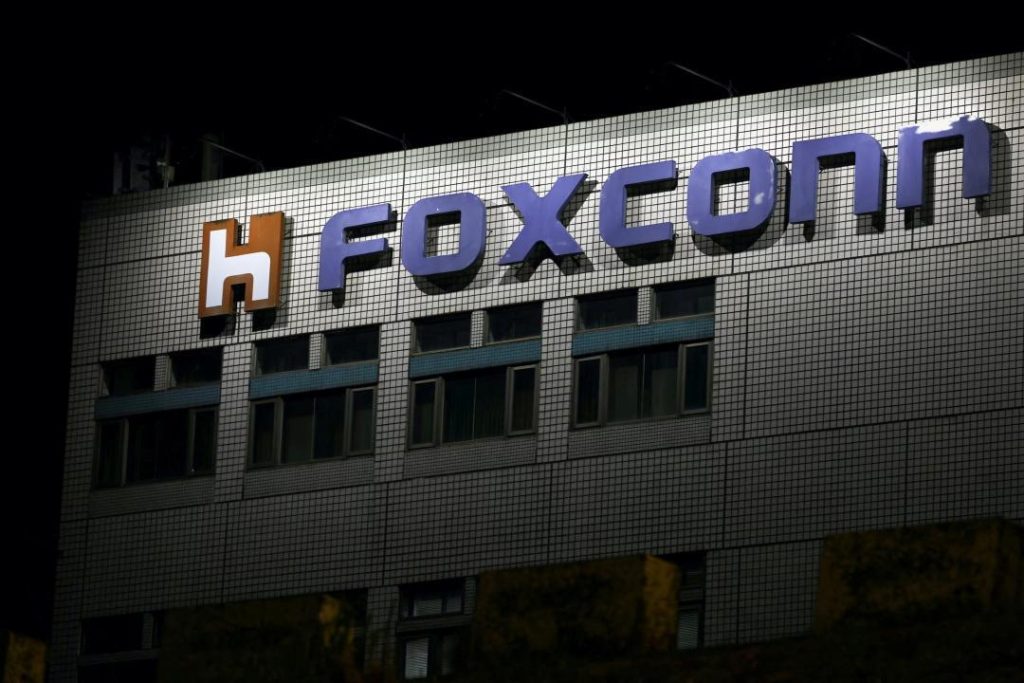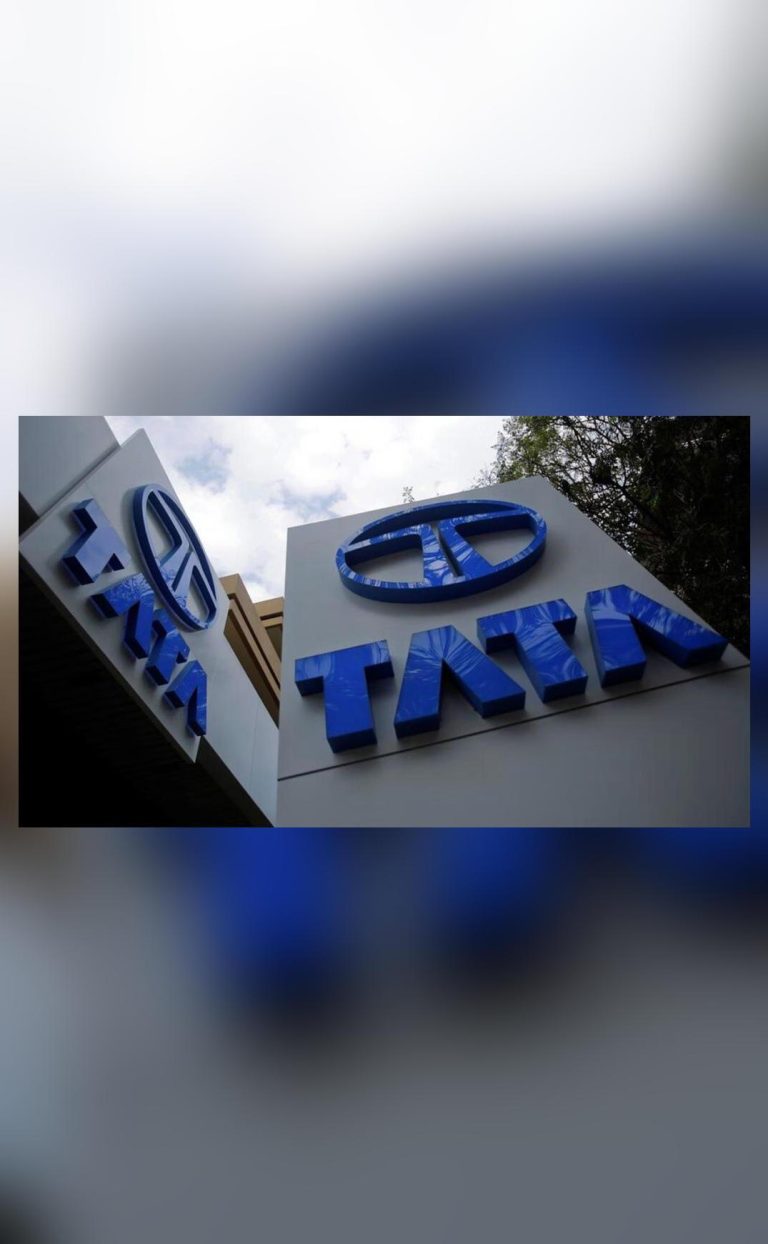
iPhone-maker Foxconn to invest ₹12,800 cr in India despite Trump’s call to exit country
In a significant move, Taiwan-based electronics manufacturing giant Foxconn has announced plans to invest $1.5 billion (approximately ₹12,800 crore) in India by 2025. This investment comes despite US President Donald Trump’s recent call to Apple CEO Tim Cook to exit production in India.
Foxconn’s Singapore-based subsidiary will buy shares in Yuzhan Technology India, the company’s Tamil Nadu-based unit, which manufactures electronic components and assembles iPhones. This move is seen as a strategic decision by Foxconn to shift more of its manufacturing operations out of China, where the ongoing trade tensions and COVID-19 pandemic have created an unfavorable business environment.
The investment is expected to create new job opportunities in India and increase the country’s electronics manufacturing capacity. Foxconn has been operating in India for several years and has already set up manufacturing facilities in states like Tamil Nadu, Andhra Pradesh, and Gujarat.
The news comes as a surprise to many, given Trump’s recent comments on India. In a tweet earlier this year, Trump asked Apple CEO Tim Cook to move the company’s manufacturing operations out of India, citing the country’s high tariffs and trade restrictions. Cook, however, has been vocal about his company’s commitment to India and has stated that the country is an important market for Apple.
Foxconn’s decision to invest in India is seen as a significant vote of confidence in the country’s electronics manufacturing sector. The company has been facing intense competition in China, where it has been operating for over two decades. The ongoing trade tensions between the US and China have created uncertainty for foreign companies operating in the country, and many have started to look for alternative destinations.
India, with its growing consumer market and favorable business environment, is emerging as an attractive destination for electronics manufacturers. The country has already attracted significant investments from companies like Samsung, Xiaomi, and Vivo, and Foxconn’s investment is expected to further boost the sector’s growth.
Foxconn’s investment in India is also seen as a strategic move to diversify its manufacturing operations and reduce its dependence on a single market. The company has been operating in India for several years and has already set up manufacturing facilities in the country. This investment will enable it to increase its production capacity and supply chain efficiency.
The investment is also expected to create new job opportunities in India, particularly in the states where Foxconn has set up its manufacturing facilities. The company has already created thousands of jobs in India and has been a significant contributor to the country’s economic growth.
In a statement, Foxconn’s Chairman Liu Young-way said, “We believe that India has tremendous potential for growth and development, and we are committed to investing in the country’s electronics manufacturing sector.” He added that the company’s investment in India is part of its strategy to diversify its manufacturing operations and reduce its dependence on a single market.
Foxconn’s decision to invest in India despite Trump’s call to exit the country is seen as a significant move, given the complexities of international trade and the uncertainty surrounding the US-China trade tensions. The company’s willingness to invest in India despite these challenges is a testament to its confidence in the country’s electronics manufacturing sector.
In conclusion, Foxconn’s decision to invest $1.5 billion in India is a significant development in the country’s electronics manufacturing sector. The investment is expected to create new job opportunities, increase the country’s manufacturing capacity, and further boost the sector’s growth. Despite Trump’s call to exit production in India, Foxconn’s decision to invest in the country is a testament to its confidence in India’s potential and its commitment to the country’s growth and development.






